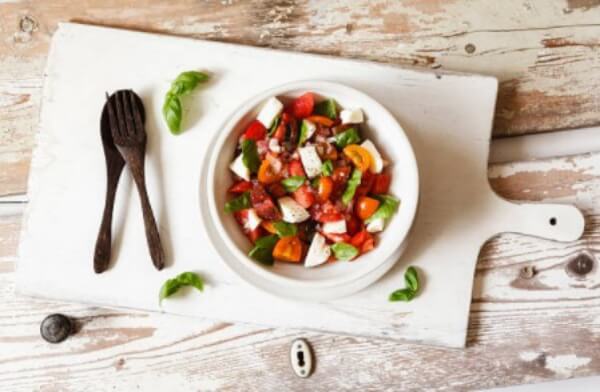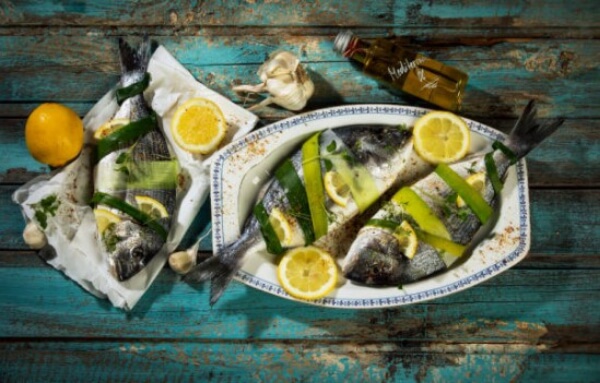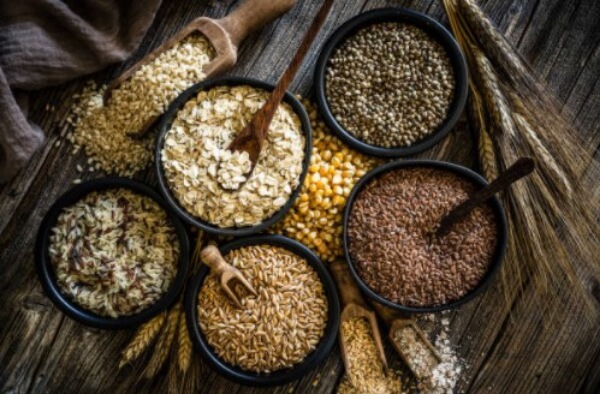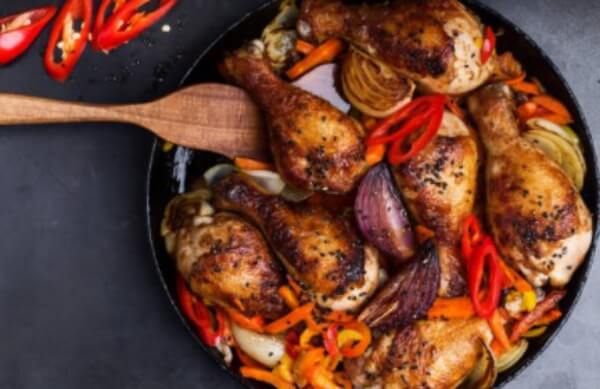
It’s not easy finding the perfect diet for ourselves. While all diets seem to work similarly by lowering our overall daily calorie intake, some of them can turn out to be a bit dangerous. What this means is that they leave out important foods that are responsible for our proper vitamin and mineral intake, as well as our health. Or they might find abundant eating for certain foods unhealthy in the long term. For example, some people find this a problem with the keto diet. Eating a lot of fat, and especially for people who are overweight, might in fact not be the best decision.
For those who like generally healthy foods – a combination of fresh veggies, fruits, fish, seafood, and lean meats, then the Mediterranean diet could be a perfect fit. While the calorie intake is not going to be too much, it will be just enough for you to feel good and energetic with no sudden sweet cravings. Add a bit of physical activity, exercise, or sports to the menu and then you will start losing weight before you know. And most importantly, you will healthy.
But what are the Mediterranean diet foods and dishes that we should focus on? What would be the recommended calorie intake? How should we prepare them? Let’s find out!
Mediterranean diet foods and dishes
Focus on the Salads
 Mediterranean countries’ climate makes them very suitable for growing vegetables and fruits. In fact, there is an abundance of them. Exotic fruits and veggies for the Northern part of the world such as olives and oranges are a big part of Mediterranean cuisine. So, make more salads. There is a whole variety of them – starting from the famous Italian Caprese with tomatoes, mozzarella, olives, and a few boiled eggs, going through the Greek salad with feta, tomatoes, and cucumbers as well as the more exotic option of a Tabulleh salad. Your salads don’t have to be all veggies. They could include some cheeses, fish, or light meats like chicken breast.
Mediterranean countries’ climate makes them very suitable for growing vegetables and fruits. In fact, there is an abundance of them. Exotic fruits and veggies for the Northern part of the world such as olives and oranges are a big part of Mediterranean cuisine. So, make more salads. There is a whole variety of them – starting from the famous Italian Caprese with tomatoes, mozzarella, olives, and a few boiled eggs, going through the Greek salad with feta, tomatoes, and cucumbers as well as the more exotic option of a Tabulleh salad. Your salads don’t have to be all veggies. They could include some cheeses, fish, or light meats like chicken breast.
Seafood is the Best

Seafood, and especially fish, are very healthy. They contain the omega-3 fatty acids which are need for our overall well-being. We know that if you want to lose weight you have to lower your fat intake. But fish and seafood contain natural fats that our body needs. Some of them are incredibly valuable for our eyes for example. They are even included in natural products for boosting our vision and acuity like the NAME. But remember that we can get them through our diet as well – we just have to add some fish (preferably salmon or tuna, and of course, not fried) to our menu.
Choose Wholegrains

While eating lots of vegetables and seafood, Mediterranean people don’t exclude bread at all. Just think about Italy where pasta and pizza are on top of the food pyramid. But eat them in moderate qualities and only choose wholegrains. As an alternative, you could also spice up your salads with some bulgur or whole-grain quinoa. You could also add some raw healthy seeds like pumpkin or sunflower ones.
Avoid Red Meats

It is best to avoid red meats. They are not a part of Mediterranean cuisine and as an addition, they are not very healthy. They contain a lot of fats which makes them incredibly unsuitable for our diet if we are trying to lose weight. Actually, they could help us gain weight and badly impact our cholesterol.
Instead, it is best to add moderate quantities of lean meat like chicken breast, some eggs – preferably boiled, and some dairy. Greek yogurt is a big part of it, so you could enjoy some with oats and fruits for breakfast, for example.
Eat Fruits Instead of Sweets

Sweets are a no for all diet and the Mediterranean makes no difference. Still, if you’re craving for some sugars, it’s best to get them from fruits. Some of them, like berries, are very good antioxidants. Also, you must remember to avoid drinks with added sugars like juices from the supermarket, sodas, as well as alcohols which are also very high in sugars and carbs. A natural solution, like the Idealica drops formula might also help you with your sweet cravings and keeping appetite at bay.
Count the Calories
 As with every diet, maintaining a calorie deficit is a key element in losing weight. For women, the recommended daily calorie intake by dietitians is 1,200 to 1,600 calories. For men, that would go up from 1,400 to 1,800, or even 2,000 calories. Remember that these numbers are not set. For some, this could be plenty, while others might struggle. Find your own balance and don’t try to stick to the minimum at all costs. If you’re actively exercising, you might need even more than 1,600 calories a day, as you burn a lot of them while being active. Remember that just following the Mediterranean diet is healthy in general.
As with every diet, maintaining a calorie deficit is a key element in losing weight. For women, the recommended daily calorie intake by dietitians is 1,200 to 1,600 calories. For men, that would go up from 1,400 to 1,800, or even 2,000 calories. Remember that these numbers are not set. For some, this could be plenty, while others might struggle. Find your own balance and don’t try to stick to the minimum at all costs. If you’re actively exercising, you might need even more than 1,600 calories a day, as you burn a lot of them while being active. Remember that just following the Mediterranean diet is healthy in general.
Improvise with Different meals
The possibilities with the Mediterranean diet are endless. You could make your own recipes, or follow ones that have been traditionally prepared for years in these countries. You just have to focus on a few basic food groups that include vegetables, fruits, seafood, fish, whole grains and lean meats. And if you’re really struggling, you might also need the help of organic formula. The ReduSlim one has long been approved by many users. It contains the caffeine anhydrous extract which is very powerful for burning fat and boosting metabolic processes.

Enjoy Your Life
There is nothing better to do than simply enjoy life. Every day is a blessing that we should take and do the best of it. Whether you’re looking for ways to lose weight or simply eat healthier, this is a positive change you’re making and you should be proud of yourself. It might not be easy now but once a day you will look back and see how different you are!


![Full-On Body Care Guide [year] - How to Shower Properly & Choose the Right Cosmetics](https://nature-tricks.com/wp-content/uploads/2021/11/body-care-how-to-shower-properly-5-300x212.jpg)

